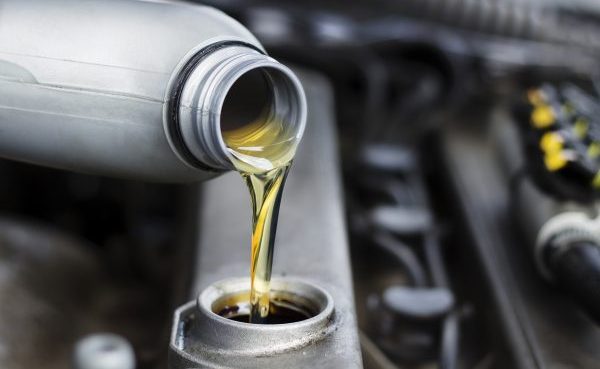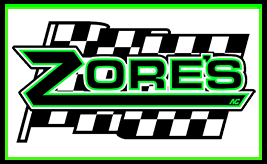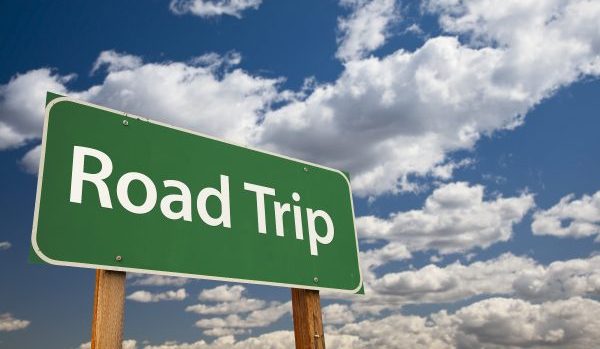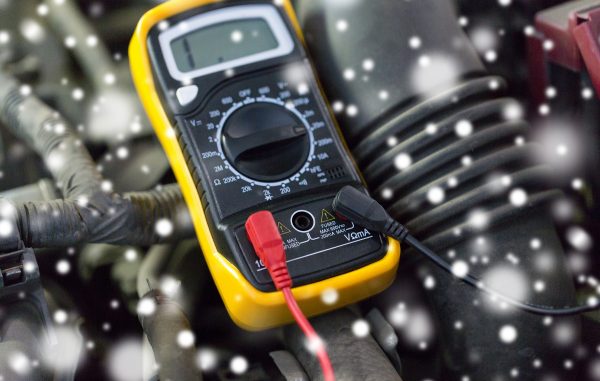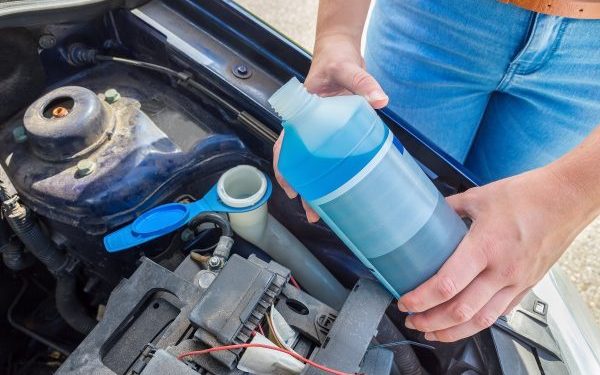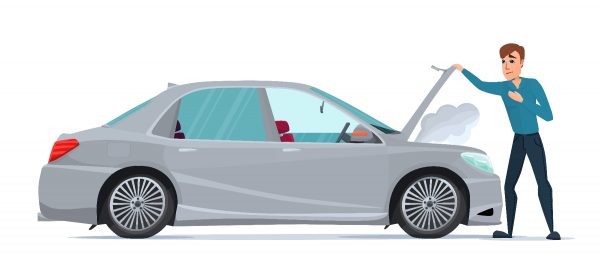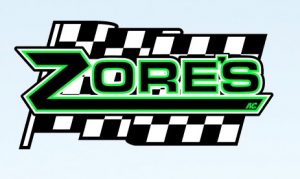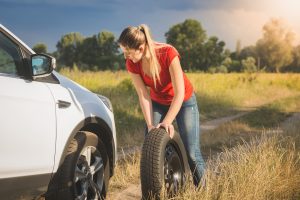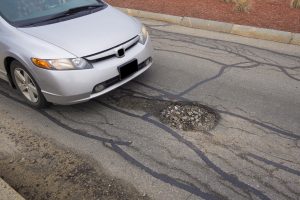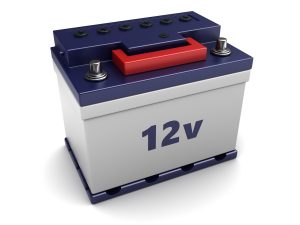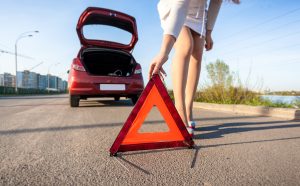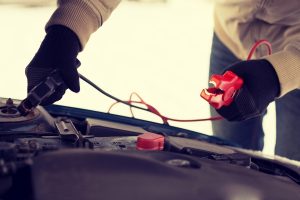Getting stuck in a ditch is never part of plan. So when it happens, it is normal to feel a sense of panic and frustration. During times like this, it is important to keep a level head so that you can use your best judgement in terms of safety and practicality. There are potential risks involved when dealing with a car that has veered off the road, so safety is key. By learning what you should do in these situations, you can get yourself back on the road faster, while also protecting yourself and your passengers in tow. Continue reading to do just that.
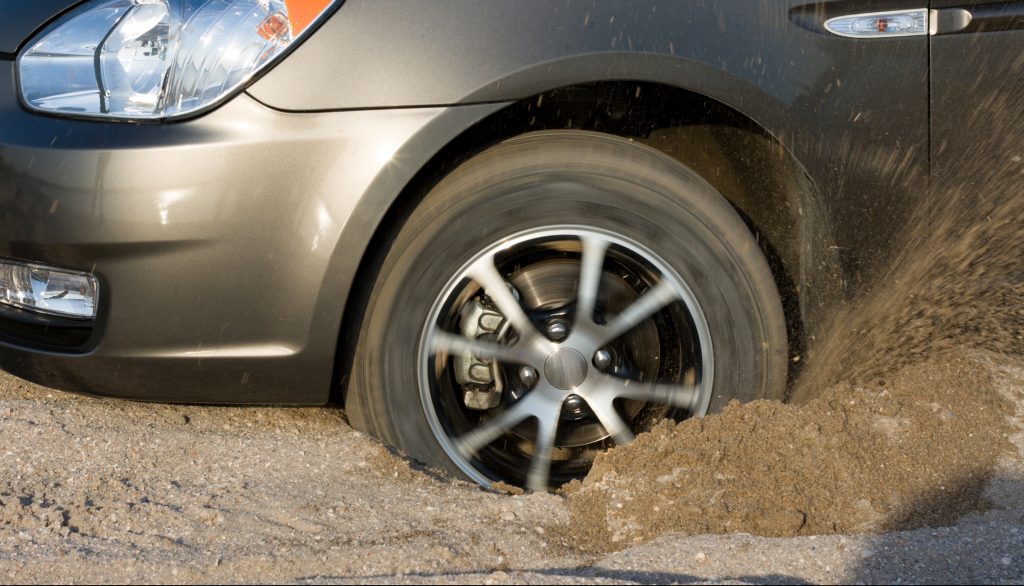
24 Towing 317-247-8484
Getting Your Car Out of a Ditch
The most common cause for getting stuck in a ditch while driving is veering or skidding off the road. Human error, distracted driving, intoxicated driving, defensive driving, and inclement weather like rain and snow are the usual reasons for losing control or skidding off the road. When factors like intoxication or inclement weather are at play, it is important to take serious precautions after your vehicle has settled into a ditch. If you are in inclement weather, contact an emergency roadside assistance service right away. If you or the driver you are with is intoxicated, it is vital that you do not get back into the car and drive. It is also vital that you do not attempt to pull your vehicle out of the ditch. Instead, call a sober friend or family member and have them take it from there.
For all other cases of a ditched vehicle, here are the steps you should follow:
⛍ Ensure Your Safety
The very first thing you should do after the car has fallen into a ditch is check everyone’s condition. Make sure no one is injured, and then take the necessary precautions to further ensure everyone’s safety. Start by assessing your situation and putting on your hazard lights. This will notify other drivers to steer clear, thus reducing the chances of another accident. It is also a good idea to put your parking brake on since you do not know how stable the ground is below your vehicle. This is especially true in loose soils, wet muds, and snow. If you are too close to the road, it in a dangerous or obtrusive position, it is wise to contact emergency services or law enforcement for help redirecting or managing traffic.
⛍ Adjust Your Vehicle’s Weight
If you are in a somewhat flat ditch and there has been no damage to your car, you may be able to dive it right out. Before attempting to do this, assess your location and be sure to protect yourself from oncoming traffic. Also remember to undo the parking brake. If the vehicle seems to almost make it out, but can’t quite get there, you can try altering the weight load in the vehicle. A lighter vehicle is easier to maneuver. Remove anything of significant weight value, and try again. After a few tries, if you still are not successful, move onto another possible solution.
⛍ Gain Traction
If your car is stuck in snow or mud, the “lighter is better” theory does not apply. Instead, you want weight inside your vehicle to gain more traction. Regardless of what your car is stuck in, gaining traction can help give it the force it needs to get out of the ditch. You can do this by pouring sand or kitty litter around your tires, but it is unlikely that you have any on hand. If there is a convenient store or gas station within walking distance, you can go buy some.
If you do not have access to these items, there are effective alternatives that you likely do have on hand, including a flattened cardboard box and your car’s floor mats. If your car is rear wheel drive, place the items behind the rear tires. For front wheel drive vehicles, place them in front of the tires.
⛍ Call for Professional Help
If your first few attempts are unsuccessful, there is no need to continue trying. Not only can this put stress on your vehicle and potentially cause damage, it can jeopardize your safety. At this point, it is strongly encouraged to contact a 24 hour towing company for safe and secure assistance. They have the proper rigs and wenches to pull any vehicle out of a ditch, safely and unharmed. They can get you back on the road faster, and at an affordable cost. If your vehicle is too damaged to drive, they can tow it directly to your auto shop of choice.
24 hour towing in Indianapolis

Zore’s Inc. 317-247-8484
for professional 24 hour towing in Indianapolis, Indiana. We are highly-trained and licensed tow truck operators that can pull any motor vehicle out of a ditch safely, including trucks, vans, semi’s, RV’s, motorcycles, motorbikes, ATV’s, and more.
Call 317-247-8484 to request a free estimate for Indianapolis tow truck service, anytime.

